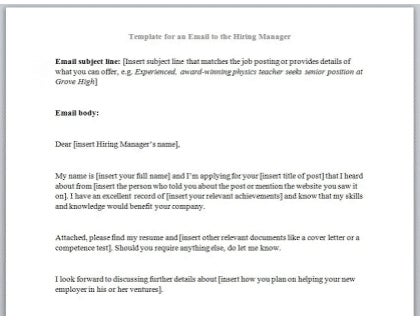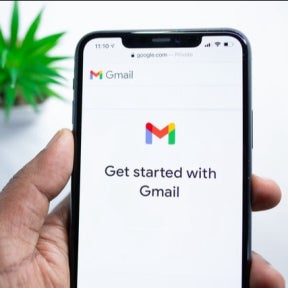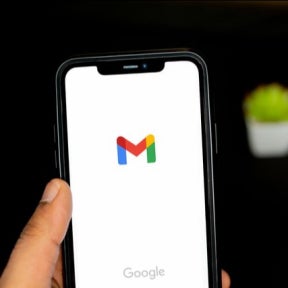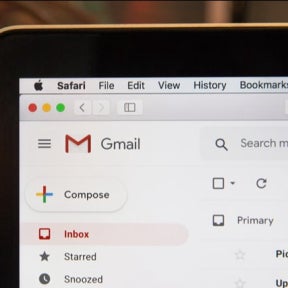
Template for an Email to the Hiring Manager
Download our template for an email to the hiring manager and tailor it to your requirements.
Download NowTemplate for an Email to the Hiring Manager:
Email subject line: [Insert subject line that matches the job posting or provides details of what you can offer, e.g. Experienced, award-winning physics teacher seeks senior position at Grove High]
Email body:
Dear [insert hiring manager’s name],
My name is [insert your full name] and I’m applying for your [insert title of post] that I heard about from [insert the person who told you about the post or mention the website you saw it on]. I have an excellent record of [insert your relevant achievements] and know that my skills and knowledge would benefit your company.
Attached, please find my resume and [insert other relevant documents like a cover letter or a competence test]. Should you require anything else, do let me know.
I look forward to discussing further details about [insert how you plan on helping your new employer in his or her ventures].
Sincerely,
[Insert your full name]
[Insert your current job title if relevant]
[Insert link to your LinkedIn profile/another relevant website]
[Insert email address]
[Insert contact number]
How to Write an Email to the Hiring Manager:

There are a few essential things to keep in mind before sending your email to the hiring manager.
Prepare yourself before writing the email.
Analyze the job posting.

Make sure you have read and re-read all the job posting's requirements and prepared the relevant documents to the hiring manager's specifications.
Find out the name of the hiring manager.

If they haven't provided the name of the hiring manager in the job posting, try contacting the company to find out who to send your resume to, or search for the HR team online.
Sign up for a professional email address.

If you don't have a professional email account, consider signing up for one with your internet service provider or an online platform like G Suite.
Be sure to select a suitable username, such as firstname+lastname@domain.com or lastname+yourprofession@domain.com.
Write your email.
Formulate an appropriate subject line.

Write an appropriate, concise, eye-catching subject line. Hiring managers get thousands of emails, and you'll want to make sure yours stands out.
Address the hiring manager by name, if possible.

Addressing the hiring manager by name is a great personal touch, and might convey that you've done your research.
Keep your email brief.

Do not include a full cover letter in the body of your email, unless instructed to do so. Simply give the hiring manager enough to want to keep reading.
Convey your enthusiasm for the job.

Without resorting to flattery, convey your enthusiasm for the position and the company. You can do this subtly in the way you express how you plan on adding value. Do your research and suggest ways you can use your skills to the company's benefit.
Be polite and concise.

Hiring managers don't have time to read long, flowery emails, so be concise and respectful. You'll also want to avoid using slang, emojis, all capitals or all lowercase, incorrect grammar, informal greetings, or sensitive information that should be discussed in person.
Include your name and contact details in your sign-off.

Remember to include your name, current position, and contact details in your sign-off, so that the hiring manager can reach you easily.
Send a test email to yourself.

Once you have formulated your email, send a test email to yourself to make sure the format, font, and attachments display correctly.
Send your email in the morning.

Be sure to send your email on a weekday, preferably between 7 am and 10 am. Hiring managers tend to get wrapped up with other work after 10 am and might miss your email.
Send a follow-up email.

You may want to send a follow-up email two or three weeks after you've sent your resume. Be courteous, mention the date you sent your resume, and ask if they require anything else.

